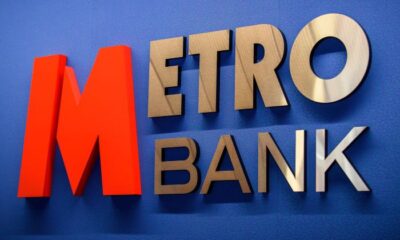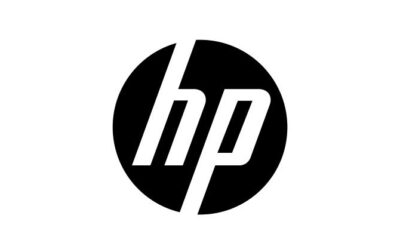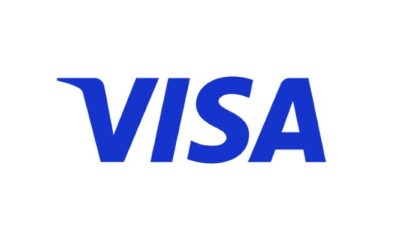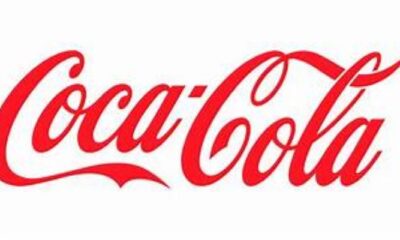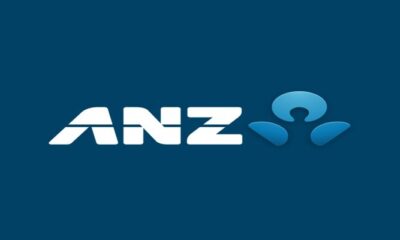Finance
New World Bank Financing Will Expand and Strengthen Egypt’s Flagship Social Protection Program
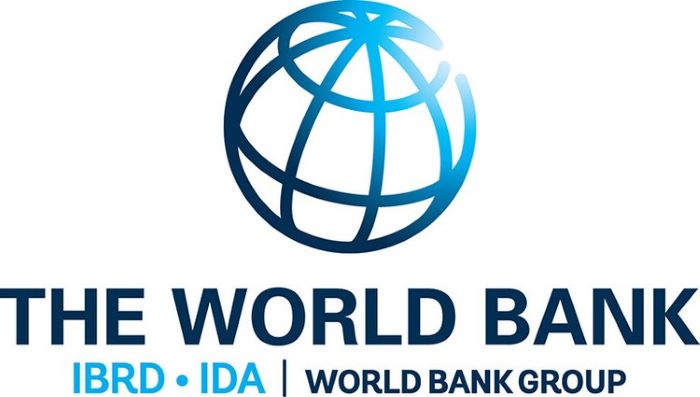
The World Bank announced US$500 million in financing to expand and strengthen Egypt’s flagship Social Safety Net Program, also known as Takaful and Karama. The new financing marks a third phase of collaboration between the World Bank and the Government of Egypt to support the establishment of an efficient and effective cash transfer program and to introduce beneficiaries to interventions that generate sustainable incomes and help people to graduate out of poverty.
Investing in human capital is integral to national development and Egypt has made notable progress towards building a more integrated and inclusive social protection system. A cornerstone of Egypt’s social protection system is the Takaful and Karama program (TKP), which as of June 2022, covers 3.69 million households (approximately 12.84 million individuals). Women represent 74 percent of card holders/direct beneficiaries, and 67 percent of the cash goes to Upper Egypt.
The adverse economic impact of recent global events such as COVID-19 and the war in Ukraine added urgency to strengthen and expand the flagship program and to boost the resilience of vulnerable households in the face of future shocks.
“The new financing agreement builds on the success of the first and second phases of Egypt’s Takaful and Karama program and initiates its third phase of cooperation. The timing of the program is particularly important as the Government is expanding social safety nets to mitigate the repercussions of exogenous price shocks by enhancing cash transfers, strengthening institutional capacities and providing technical support. The ongoing collaboration with the World Bank continues to support the country in maintaining and enhancing positive human capital outcomes.” said H.E. Dr. Rania A. Al-Mashat, Egypt’s Minister of International Cooperation.
The latest financing builds on the longstanding partnership with the Ministry of Social Solidarity (MOSS) through the “Strengthening Social Safety Nets Program”, which started in 2015 to support TKP. Additional World Bank financing in 2019 further enhanced TKP and introduced the economic inclusion program called FORSA, which helps to create livelihood opportunities through wage employment and providing assets that enable beneficiaries to generate sustainable incomes. Assets provided by the program include sewing machines, livestock and poultry, post-harvest food processing and production units, waste recycling machinery, handicraft and knitting machinery, beekeeping equipment and small greenhouses. FORSA also provides beneficiaries with the technical and financial know-how needed to effectively operate and profit from those assets. The new financing will further support TKP in reaching the poorest and most vulnerable households while providing them with financial products and services.
The new financing aims to a) expand the program’s coverage and b) enhance the program’s social registry by making it more adaptive to respond to emergencies, including climate-related shocks; and c) enhance access of the poor and vulnerable to economic inclusion opportunities, paving the way for more sustainable livelihoods that do not depend on cash transfers.
“Takaful and Karama is Egypt’s main social safety net program that supports social justice policies, and promotes inclusion of the country’s most poor and vulnerable households including families with school age children, elderly, orphans and people with disabilities,” said H.E. Dr. Nivine El Kabbag, Egypt’s Minister of Social Solidarity. “This new financing continues our collaboration with the World Bank on this very important program, and will help support government efforts to build an integrated, adaptive and shock responsive social protection system, in view of the challenging global context.”
Over the years, MOSS has leveraged Takaful and Karama’s social registry to link beneficiaries to other national social protection programs, including, subsidized health insurance, food ration cards, the “Two is Enough” family planning program, and the “First 1000 Days” healthy nutrition project which begins at pregnancy and ends at the child’s second birthday. The new financing will continue to support efforts to address the multidimensional aspects of poverty and vulnerability by linking beneficiaries to additional cash-plus interventions as well as other social protection programs, including FORSA. Beneficiaries will also have access to the “Waai” program, which raises awareness on many social and behavioral issues.
“This new financing very much resonates with the bank’s FY 23-27 Country Partnership framework with Egypt which puts the Egyptian people at the center of its strategy, and seeks to create conditions for green, resilient, and inclusive development including through supporting the enhancement of Egypt’s human capital,” said Marina Wes, World Bank Country Director for Egypt, Yemen, and Djibouti.
-

 Auto2 years ago
Auto2 years agoHonda Marine Debuts All-New BF350 Outboard Company’s First V8 Motor Available Commercially, Flagship Model Offers Premium Power and Unparalleled Performance for Extraordinary Boating Experiences
-

 Auto2 years ago
Auto2 years agoNew Features Further Increase Desirability Of Bentayga Range
-
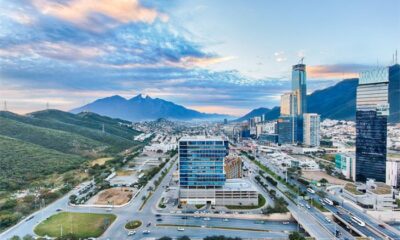
 Technology2 years ago
Technology2 years agoOracle Partners with TELMEX-Triara to Become the Only Hyperscaler with Two Cloud Regions in Mexico
-
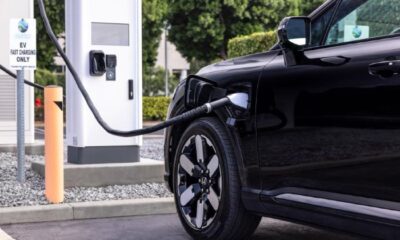
 Auto2 years ago
Auto2 years agoHonda and Acura Electric Vehicles Will Have Access to Largest EV Charging Networks in North America Aided by New Agreements with EVgo and Electrify America
-

 Lifestyle2 years ago
Lifestyle2 years ago2023 Nike World Basketball Festival Brings the Best of Basketball Style, Culture and Community





